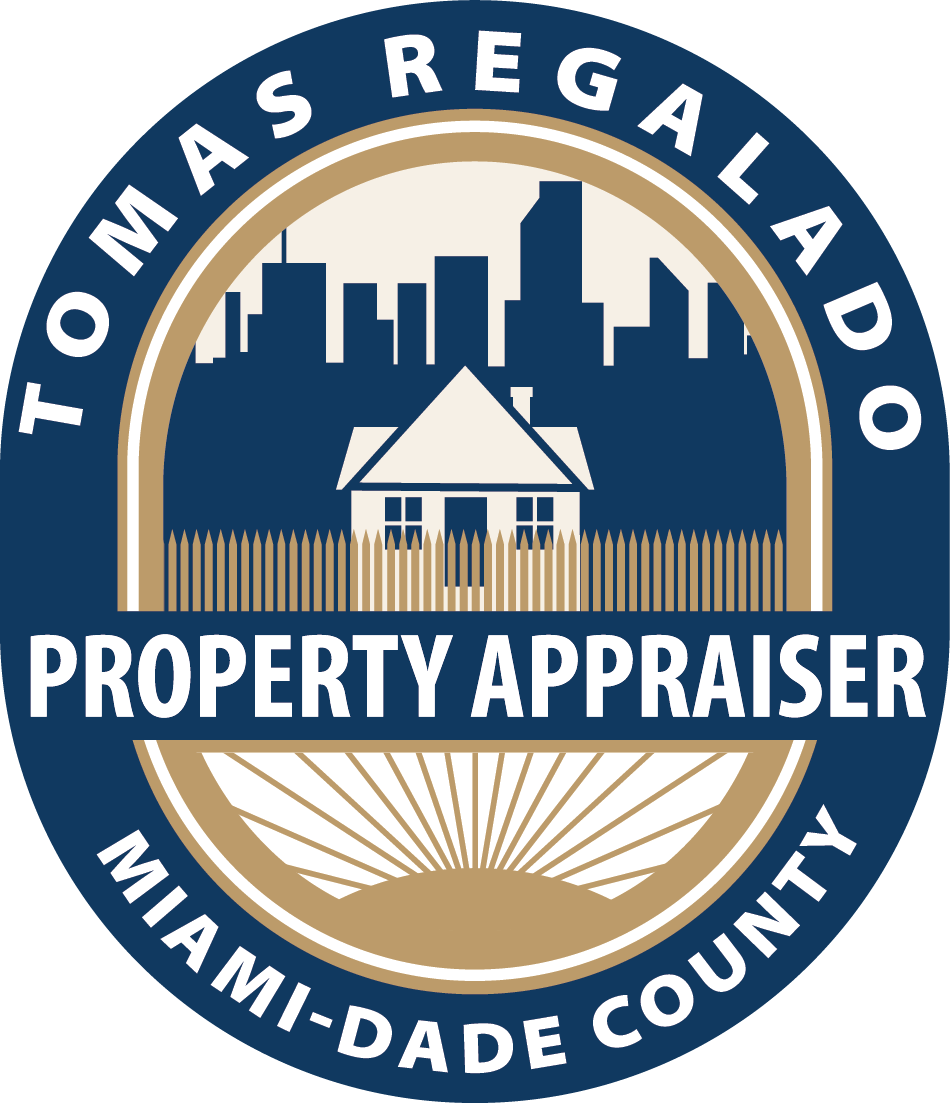Non-Homestead Cap
The annual assessment increase of non-homestead properties is capped at 10%, excluding School Board assessments. The Non-Homestead Cap applies automatically to properties.
The Non-Homestead Cap was approved by Florida voters in 2008. Assessments were capped beginning in 2009.
There is no application for the Non-Homestead Cap as it applies automatically.
Changes in ownership and use resets the Non-Homestead Cap base year following the change. For example, filing a Homestead Exemption application removes the Non-Homestead Cap.
- Search Florida Statutes, Section 193.1554
Excluded from Non-Homestead Cap
- Properties receiving the Homestead Exemption
- Agriculture classification
- Land used for conservation purposes
- Tangible personal property
Related Information
Residential properties with 9 units or less
The Non-Homestead assessment limitation resets following a change in ownership or control except the following:
- The transfer of title is to correct an error.
- The transfer is between legal and equitable title.
- The transfer is between spouses, including a transfer to a surviving spouse or a transfer due to a dissolution of marriage.
- For a publicly traded company, the cumulative transfer of more than 50 percent of the ownership of the entity that owns the property occurs through the buying and selling of shares of the company on a public exchange. This exception does not apply to a transfer made through a merger with or an acquisition by another company, including an acquisition by acquiring outstanding shares of the company.
Additionally, when a property changes use from homestead, agriculture and conservation purposes, the Non-Homestead assessment limitation begins the following January 1. The market and assessed values are equal in the first year of a Non-Homestead assessment limitation.
All other real property including commercial properties
The Non-Homestead assessment limitation resets following a qualifying improvement or change of ownership or control except the following:
- The transfer of title is to correct an error.
- The transfer is between legal and equitable title.
- For a publicly traded company, the cumulative transfer of more than 50 percent of the ownership of the entity that owns the property occurs through the buying and selling of shares of the company on a public exchange. This exception does not apply to a transfer made through a merger with or an acquisition by another company, including an acquisition by acquiring outstanding shares of the company.
- A qualifying improvement means any substantially completed improvement that increases the just value of the property by at least 25 percent.
A transfer between legal and equitable title is not subject to reassessment.
Another exclusion to the transfer reassessment is when it occurs between spouses. This includes when the transfer is the result of a divorce or to a surviving spouse. However, this is only applicable to residential class properties and not to non-residential class properties.
It should also be stated that a re-recording of a deed to correct an error is not cause for resetting the assessment. This is not a transfer, but a correction to a previous transfer.
If a business is sold and its holdings consist of real property, does that constitute a transfer?
A transfer of property may include the exchange or sale of stock or business holdings. If no deed is recorded the new owner needs to notify the Office of the Property Appraiser with a copy of Form DR 430 from the Florida Department of Revenue.





